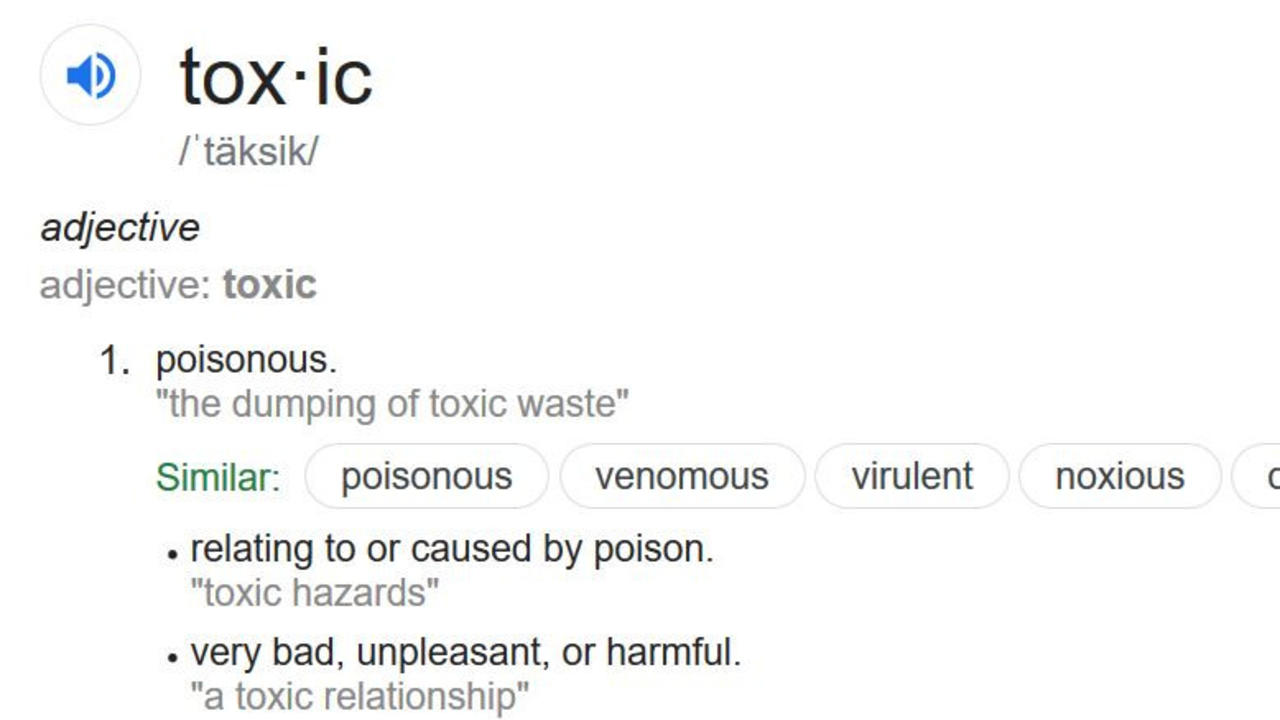Classical Music is Toxic AF!

A brief warning before we get too far into this. This is a sort of half baked idea, and I would really love to hear your thoughts on this. I suspect I may make several more posts on this subject, and would love to get your input. I also hope to find a positive end to this, though I do expect that would challenge a lot of the social norms and traditions.
Though music is something that is supposed to be about expression and creativity, it is so very easy for it to end up in the "very bad, unpleasant, or harmful" aka "toxic" zone. I have recently done a lot of soul searching in this regard, and I want to give an example of a sort of light at the end of the tunnel.
Recently, I had a large ensemble performance in which I had a few solos, and at the end of the piece when the conductor was doing solo bows, I was not invited to stand up.
Now I am sure your immediate reaction, is probably along the lines of "o wow, you must have messed up bad", or "that must have been so upsetting" i.e. what an unpleasant or harmful experience.
But for me, I know the conductor was happy with how I was playing in rehearsals, and I think I played pretty well, so I am quite certain she just forgot to have me stand. Though there was a moment of concern, I realized that I am happy with what I contributed. I achieved my purpose of impacting the audience, regardless of the amount of recognition I got, and I had fun, so it was a fulfilling performance.
Now, the intention behind the action (forgetting to have me stand or intentionally denying it) either way doesn't matter, though one is more toxic than the other. I am more interested in the reaction.
The fact that your initial reaction (the same reaction as my colleagues) was that it must of hurt not being asked to stand is the proof of toxicity. Whatever led to that being the knee jerk reaction is what is toxic in classical music. There is something wrong when simply forgetting to point to someone has the potential for so much harm.
So let's talk about all the opportunities for toxicity in classical music!
And for the sake of this I would like to broaden the definition of toxicity a bit to anything that takes music from a place of expression, creativity, and cooperation to a place of unpleasantness, competition, and even harm. Here is a list of some things that I find toxic in classical music, but I would love to hear about yours in the comments as well!
I have to play well enough to get a solo bow.
I have to be better than my colleagues to win an audition.
I have to accept every opportunity that comes my way or I won't get any more.
I am a failure if I make a mistake.
I must perform up to the expectations of the conductor/teacher.
I need to practice more to avoid failing.
I should feel guilty if I am not practicing.
I need to buy better equipment than everybody else.
I need to make my teacher proud.
The list could go on and on! So where do we go from here?
Unfortunately, I think much of this toxicity is ingrained in the tradition of classical music (and probably any kind of trade where you learn a skill from teachers). But there is hope.
I want to share with you an episode from one of my favorite podcasts, The Marie Forleo Podcast. In this episode, soccer legend Abby Wambach, talks about her endeavor to help women (and all people) work together to overcome the injustices and inequalities of society. Now if we just replaced, women vs. society with musicians vs. tradition, I think this becomes a very relatable discussion for us!
Here is the link to that episode:
https://www.marieforleo.com/2019/04/abby-wambach-wolfpack/
And let me know in the comments ways you find classical music to be toxic and any solutions or other causes of the problem you can think of!
I can't wait to see what you all think, and feel free to share it with others so they can weigh in as well!
Josh